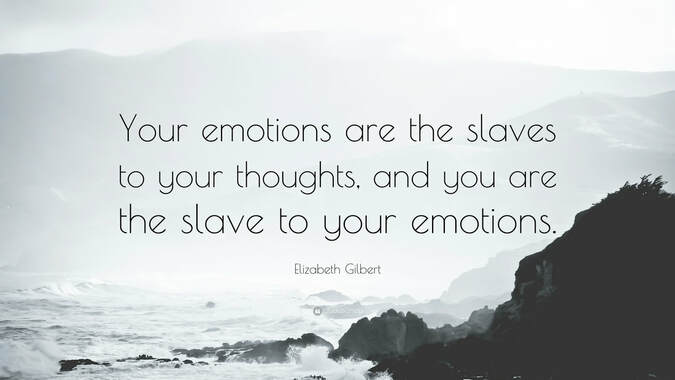Three years later, after having more time in the pagan community, Halstead identified a fourth center: ego-paganism. I’ve taken to calling this center the “you’re not the boss of me” paganism. Halstead argues that these are folx who practice paganism because paganism has no governing body, no community boundaries, no checks-and-balances, and most importantly, no one telling them what to do, or how to be. They practice in order to over-identify with their personal agency, independence, and self-sufficiency.
In this practice, we believe what our emotions tell us about our independence and self-sufficiency.
When someone, or something, challenges (real or perceived) that sense of independence, something inside demands that we argue our point. We have to address it.
In the same sense, if there is tempting food before us, we have to eat it. If we’re slighted in even the most minor, insignificant way, we have to get pissed off about it. If something bad happens, we have to be heartbroken, or crestfallen, or get overwrought. If something good happens moments later, then we have to be happy, and want more of the good-feeling experiences.
What I’m getting at is this: if we had the same sense of personal agency from our impulses and emotionality, we’d never allow ourselves to be led this way and that by them. We are not the playthings of our feelings.
If we are in control, then we’re actually self-sufficient and independent. If our emotions are in control, we aren’t.
(See y’all tomorrow)


 RSS Feed
RSS Feed
